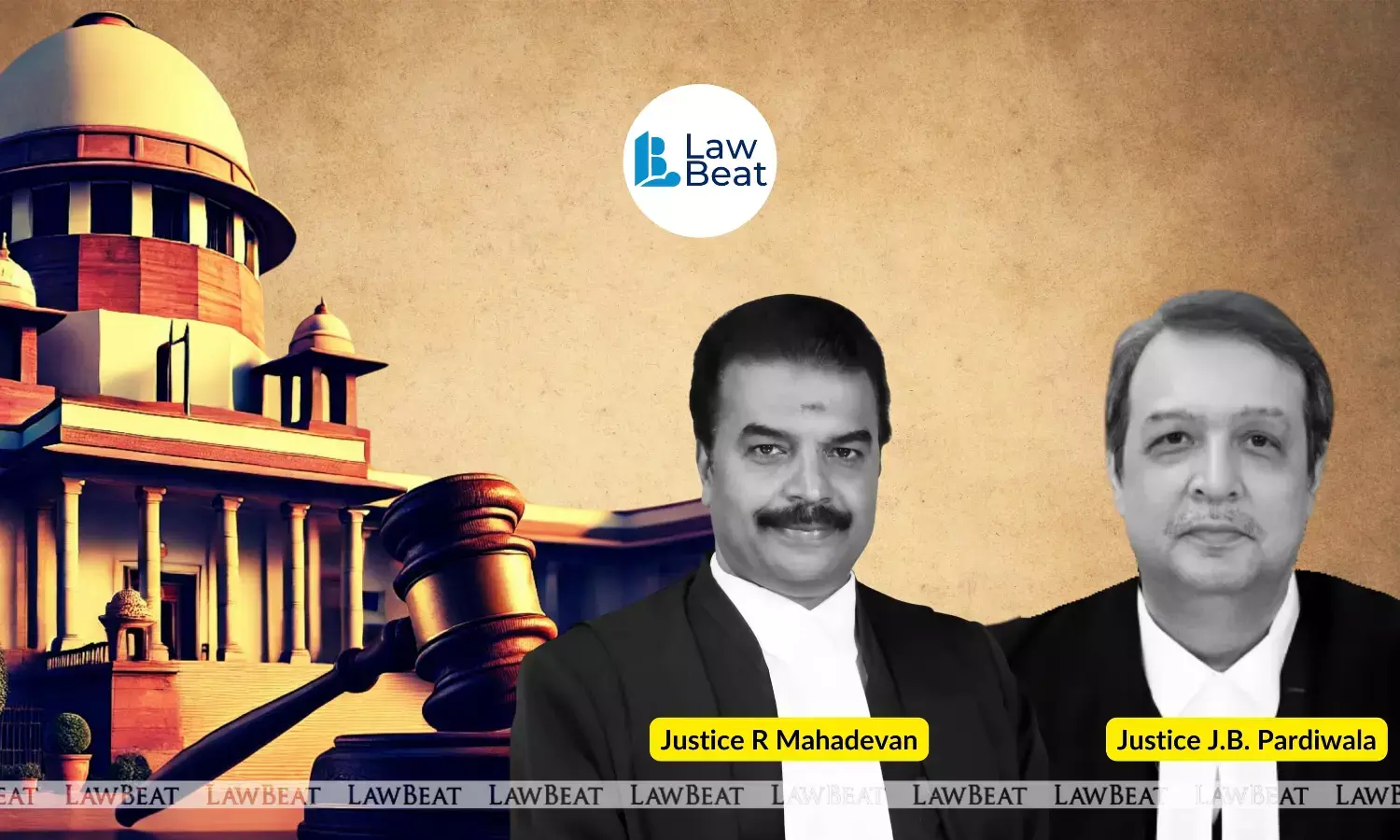Power to Recall Witness Lies Solely With Court Trying The Suit: Supreme Court

X
Court referred to the provisions of Order 18, Rule 17 of the Civil Procedure Code, read with the provisions of Section 165 of the Evidence Act
The Supreme Court has, on May 5, 2025, said the power to recall and re-examine a witness is exclusively that of the court trying the suit, if the provisions of Order 18 Rule 17 of the Civil Procedure Code are read along with the provisions of Section 165 of the Evidence Act.
A bench of Justices J B Pardiwala and R Mahadevan said the parties to the suit cannot take any objection to the question asked nor can they be permitted to cross-examine any witness without the leave of the court.
The said rule, in our opinion, makes it abundantly clear that the right to put questions to the witness recalled under Rule 17 is given only to the court and even cross-examination is not ordinarily permitted on the answers given to such questions, without the leave of the court, the bench said.
The court explained under that rule, therefore, a witness cannot be recalled at the instance of a party for the purpose of examining, cross-examining or re-examining, and that rule is not intended to serve such purpose.
Referring to Order 18 Rule 17, the bench said, this Rule provides the court with a power which is necessary for the proper conduct of a case.
If it appears to a court trying the suit at any stage of the proceedings that it is necessary to recall and further examine a witness it can always do so. This power can be exercised even at the stage of writing a judgment by the court. It is, however, proper that this power should not be exercised lightly and the rule is that it should be used sparingly and in exceptional cases only, the bench said.
The court further said, the power is to be used for removing ambiguities, for clarifying the statement and not for the purposes of filling up the lacuna in a party's case.
It is true that the power can be exercised by the court at its own initiative and may even be so done at the instance of a party. Section 165 of the Evidence Act provides that a Judge may in order to discover or obtain proper proof of relevant facts, ask any question he pleases in any form at any time of any witness about any fact relevant, it said.
The section further provides that the parties would not be entitled to make any objection to any such question, nor cross examine any witness upon any answer given in reply to any such question without the leave of the Court, the bench pointed out.
We are of the opinion that if circumstances warrant, an opportunity to a party to recall a witness for examining, cross-examining or re-examining can be granted by a court in the exercise of its inherent jurisdiction under Section 151 CPC, the bench said.
The bench pointed out in Velusamy Vs N Palanisamy (2011), the top court discussed the power of the court under Order 18 Rule 17 of CPC. It was held that this power is only for clarification i.e., to enable a court to clarify any issue or doubt it may have in regard to evidence led by parties by recalling any witness so that the court itself can put questions to such witness and elicit answers.
Clarifying the legal position, the court dismissed a plea by Shubhkaran Singh against the order passed by the High Court of Madhya Pradesh at Jabalpur on January 7, 2025, in a miscellaneous petition. The high court had dismissed the petition under the provisions of Order 18 Rule 17 of the Civil Procedure Code.
The petitioner also preferred a review petition, which also came to be rejected on February 27, 2025.
Case Title: Shubhkaran Singh Vs. Abhayraj Singh & Ors
Download judgment here
Next Story
